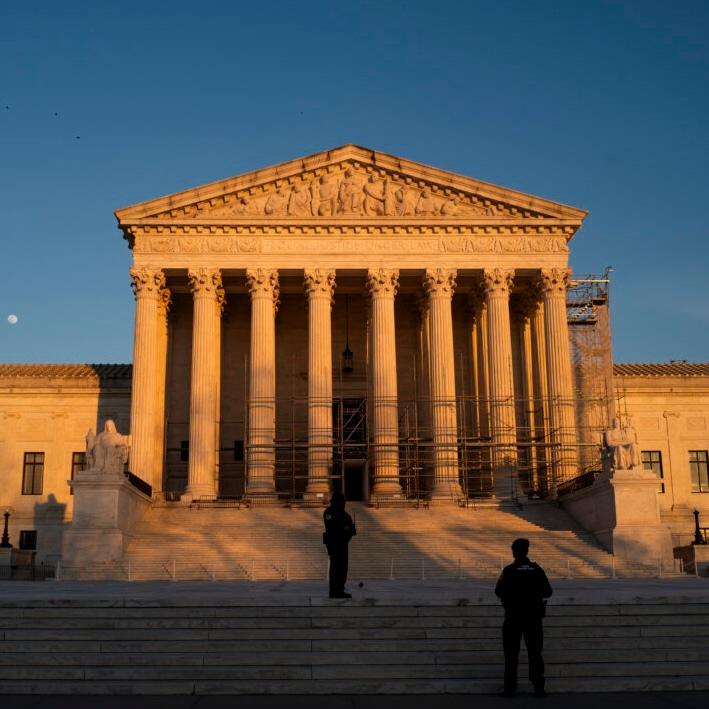Attorneys general from 26 states filed an amicus or friend of the court brief on March 31, urging the Supreme Court to grant President Donald Trump’s request for a stay in a case challenging his use of the Alien Enemies Act to deport suspected members of a Venezuelan gang.
Trump asked the Supreme Court on March 28 to vacate orders from a federal judge blocking his ability to implement a proclamation applying the Alien Enemies Act to members of Tren de Aragua (TdA).





